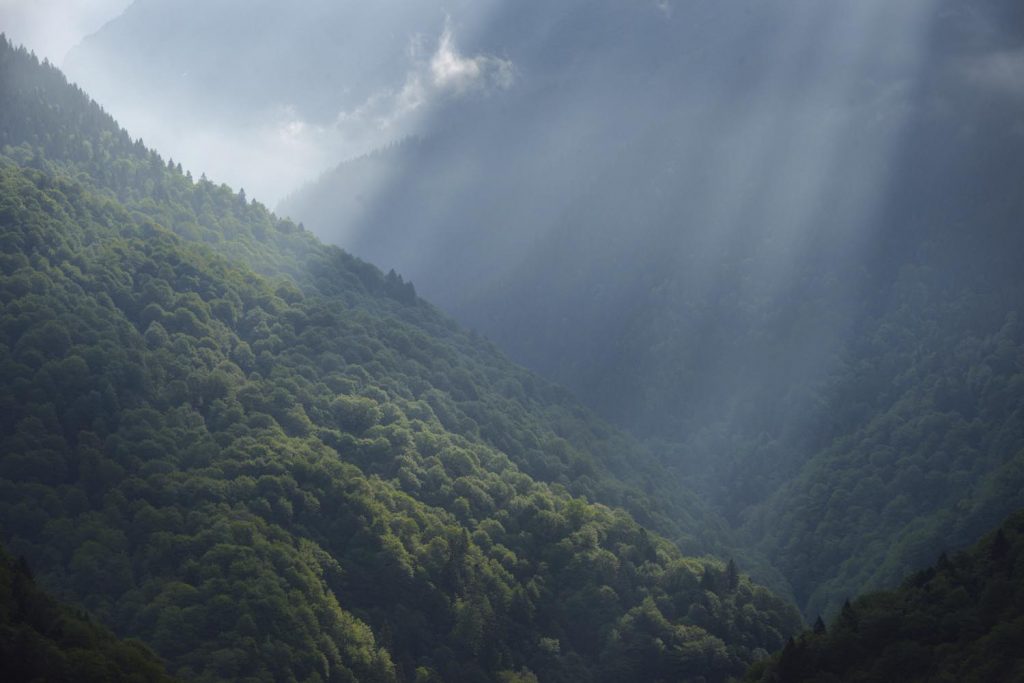EuroNatur and Agent Green investigate traceability of wood ++ International timber companies call on Romanian government to clarify legal situation ++ Romanian old-growth forests are massively threatened by illegal logging
The initiative “Forest Policy Checker” by nature conservation organisations EuroNatur and Agent Green calls on the wood-processing industry in Romania to disclose the origin of wood sourced for their production processes. Some of the very last primeval forests of Europe are acutely threatened by illegal logging in Romania – which is also due to insufficient protection by the Romanian authorities. The replies to the “Forest Policy Checker” also provide consumers with information about the sustainability criteria and transparency of internationally active timber companies. The questions were submitted to eleven companies which source the bulk of Romanian wood. The findings of this survey: Four companies say to reject wood from protected old-growth forests. On the other hand, six companies did not even answer. IKEA is the only company to accept timber from virgin forests or national parks as long as it is FSC-certified. In addition, timber from areas declared as national parks by the Romanian government but which do not meet the criteria of the IUCN. Questioned on the traceability of sourced wood, e.g. by means of unannounced inspections or by publishing logging permits, the companies reacted very uncommunicative.
The following companies completed the questionnaire: Egger (Austria), Holzindustrie Schweighofer (Austria), IKEA (Sweden), JF Furnir (Austria, in Romania called Holver), Kronospan (Austria). By contrast, Expansion (Romania), Kastamonu (Turkey), Losan (Spain), Massiv (Romania), Succes (Romania) and Yildiriz Entegre (Turkey) did not reply.
“In times, when the Romanian state acts like the worst enemy of nature, we call on international companies to increase the transparency of their business in Romania. We hope that more companies will join our efforts to stop illegal logging”, says Gabriel Paun of Romanian nature conservation NGO Agent Green.
In fact, right those companies that have recently been heavily criticised by nature conservation organisations for their non-transparent procedures, now implemented new processes to increase traceability, for example Holzindustrie Schweighofer. Other companies expressed concerns about the current situation in Romania’s forests, too.
“We are convinced that it is our duty to fulfil our responsibility towards society and nature – this guides our acts always. Therefore we support the implementation of IUCN criteria for national parks in Romania and worldwide, because these criteria ensure the protection of our precious ecosystems”, says Katharina Schabasser Corporate Social Responsibility Representative of the Austrian timber company JF Furnir (Holver in Romania).
“To see wood-processing companies go to greater lengths than the Romanian government to protect old-growth forests is very revealing”, states Gabriel Schwaderer, CEO of EuroNatur. “The companies have the right to a clear legal situation. The government finally has to act and better protect primeval forests.” A first step in this direction would be to promptly include primeval forest areas in the National Register of Primeval Forests.


